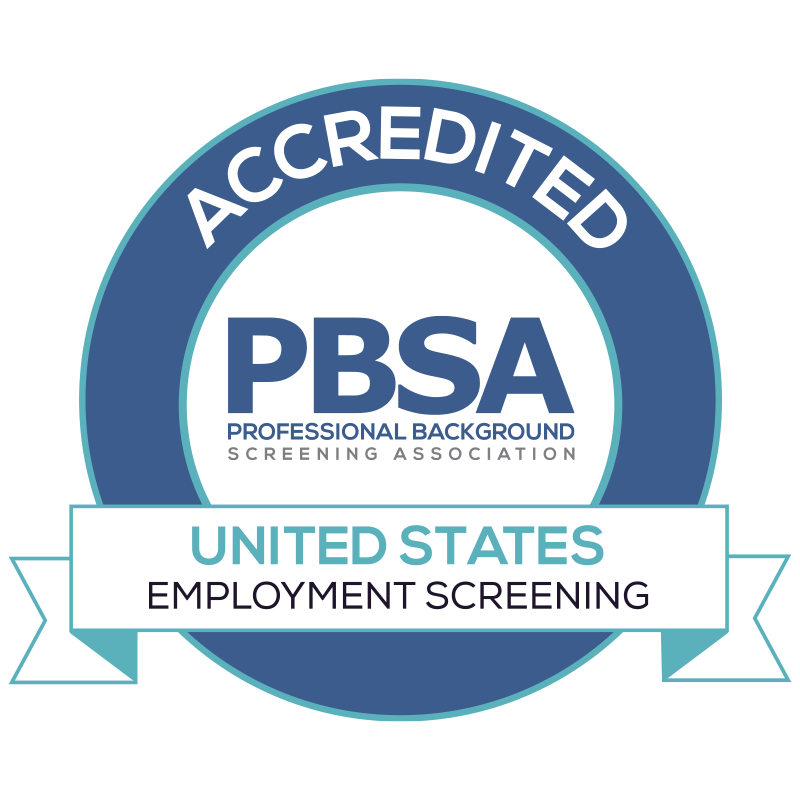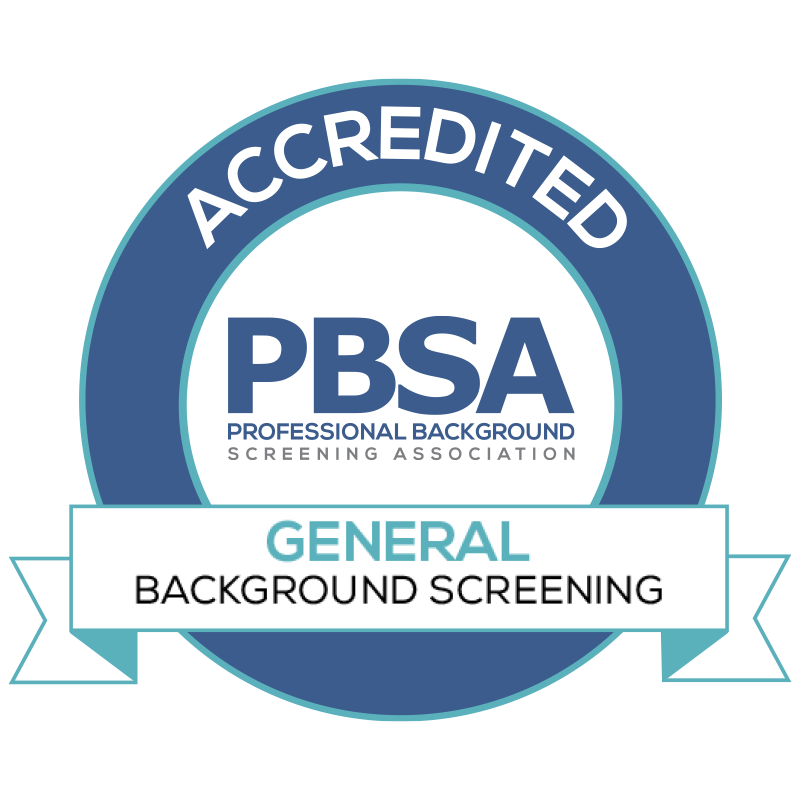With so many issues of bias in the news and social media, I would like to address some possible bias within the hiring process, partially with background checks. We hope that no organization is making any decisions based on bias or poor practices, but we trust this list can serve as a reminder of what not to do. The goal should be to review your current practices and make sure you are staying fair and neutral in your hiring process. Look for implicit bias within your practices and aim to correct if any are found.
1) Generally excluding applicants because they admit to a criminal history on their application. Keep in mind many states and municipalities have enacted ban the box laws, to name a few: CA, IL, MN, WA. Ban the box removes the question from the application process regarding criminal histories. Although this law varies from state to state, it generally makes it unlawful to ask about a criminal history prior to the interview or even a conditional offer. This aims to give everyone a “fair chance” if they meet the minimum requirements of the position.
2) Failing to have a policy in place. Or failing to review/update your policy for changes in the law or your business.
3) Using blanket policies, such as “we do not hire felons”. Excluding employers that have regulated business necessity, (ie: sex offenders at daycares or long-term care facilities) be sure your policy aligns with business necessity.
4) Failing to consistently apply your policy. Your policy states “we only review 7 years of criminal history” however, you selectively determined you will use a case from 10 years ago against one candidate. Or your policy states you will “hire the candidate whose assessment score best aligns with the position”, but you randomly pick an individual who you liked their personality more in the interview.
5) Failing to have a policy that meets business necessity. Look at each position and make sure your background check policy aligns with the EEOC’s guidance. A few examples are using a DUI conviction against a candidate that is not required to drive. Or running credit, bankruptcy, or financial information on candidates that do not maintain any type of financial, supervisory, or managing role in your organization.
6) Using arrest or non-conviction data to make decisions. Many states restrict arrest data, but if your state does not be very cautious when using. There are many arguments that show arrests may be biased. Also, note many states have restrictions on using non-conviction data. If your state does not have any restrictions, note the FCRA limits its use to 7 years.
7) Failing to have an individualized assessment. Be sure your actions are fair. The best way to account for your decisions and show a consistent history when making decisions with background screening results. An individualized assessment will help you and your organization maintain consistent and fair decisions.
8) Failing to apply and adhere to the steps of Adverse Action, when needed.
9) Failing to allow candidates to explain their side of a situation and show any rehabilitation efforts they may have made.
As always, my lists are not inclusive and are not meant to replace any advice from your legal counsel. My goal is to help you make your screening plan fair and compliant.








